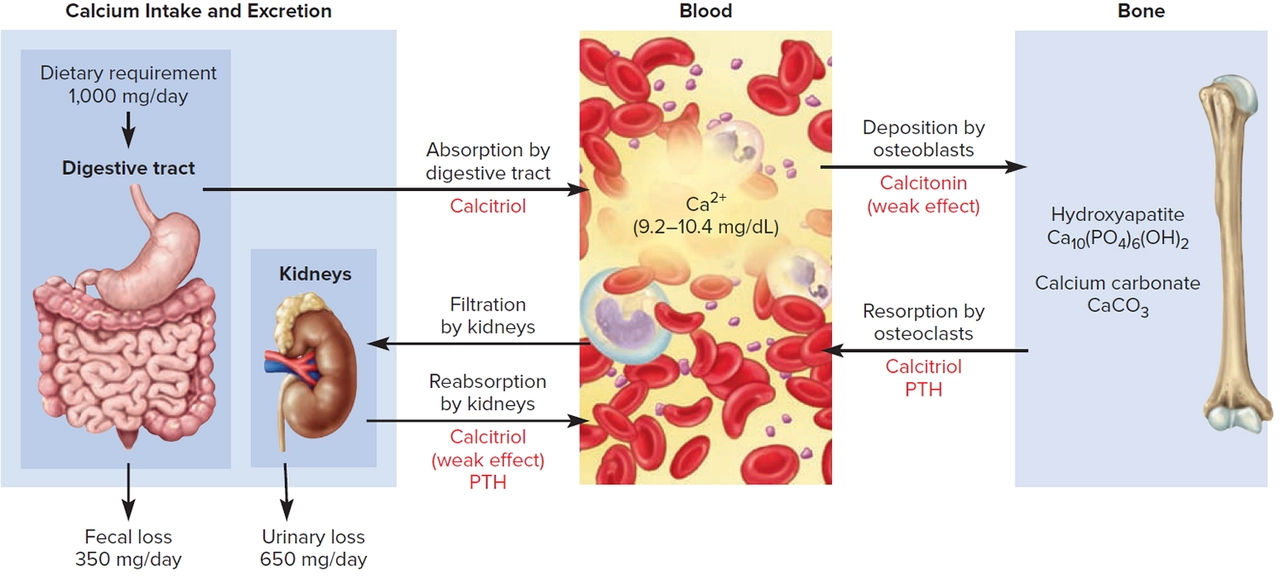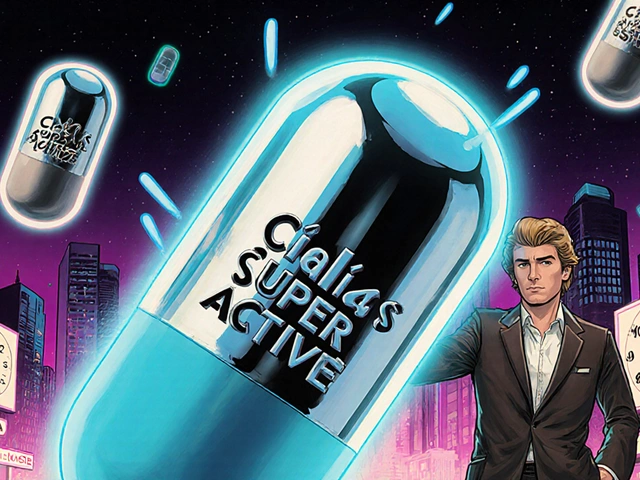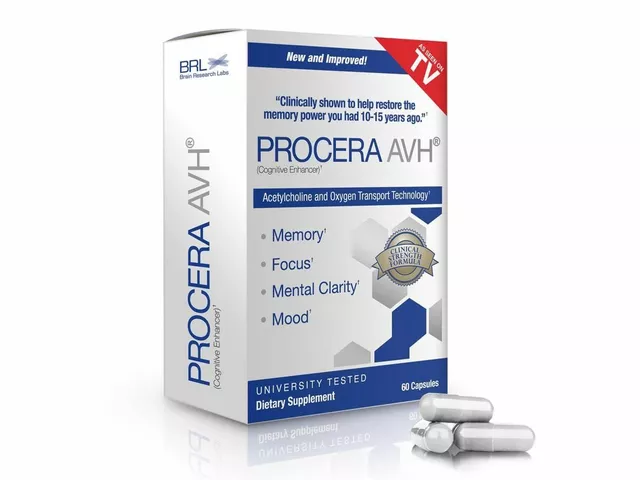Vitamin absorption: how to get more from your food and supplements
Want to get more value from your vitamins? Small changes in timing, food choice, and meds can double how much your body actually uses. Below are clear, practical steps you can start using today.
Simple rules to improve absorption
Know the difference: some vitamins need fat, others dissolve in water. A, D, E and K are fat‑soluble—eat them with a bit of fat (think 1 tsp olive oil, a few almonds, or sliced avocado). Vitamin D taken with breakfast that has fat is usually better absorbed than on an empty stomach.
Water‑soluble vitamins like vitamin C and most B vitamins do fine with water and food. Iron is trickier: your body absorbs iron best with vitamin C (a glass of orange juice or a handful of strawberries) and worse with calcium, tea, coffee, and whole grains. Try to take iron supplements at least two hours apart from calcium or dairy, and skip coffee/tea for an hour before and after.
B12 needs stomach acid and intrinsic factor. If you take proton pump inhibitors (PPIs) or have low stomach acid, talk with your doctor—B12 injections or sublingual forms sometimes work better than pills. Certain meds, like metformin, can lower B12 over time; ask for testing if you’re on them long term.
Some drugs block absorption. Cholestyramine and some antacids can trap fat‑soluble vitamins. Antibiotics and heavy alcohol use can disrupt gut bacteria and reduce certain vitamin production or uptake. If you’ve had bariatric surgery, you’ll likely need different forms or higher doses of vitamins—follow medical advice closely.
Practical tips and smart swaps
Cook lightly: vitamin C and many B vitamins are heat sensitive. Steam or quick sauté vegetables instead of boiling them for long periods. Blend or chop raw herbs and vegetables to access more nutrients.
Choose active forms when needed: folic acid vs methylfolate, cyanocobalamin vs methylcobalamin. People with certain genetic variants or absorption issues may do better with methylated forms. For minerals, chelated versions (like magnesium glycinate) often cause less stomach upset and may absorb better.
Fix your gut. Chronic diarrhea, celiac disease, Crohn’s, and small intestine bacterial overgrowth cut absorption. A short course of targeted treatment, probiotics, or enzyme support can help, but work with a clinician to test and treat the root cause.
Test before dosing up. For vitamin D, check a 25(OH)D level. For B12, consider serum B12 or methylmalonic acid if symptoms or risk factors are present. Don’t assume more is better—some vitamins and minerals can cause harm at very high doses.
Sample daily routine: morning multivitamin or vitamin D with breakfast that includes fat; iron midday with a vitamin C snack and away from coffee/tea; calcium with a meal where you need it or at night. If you’re unsure, ask your healthcare provider for a blood test and a simple plan tailored to your meds and health conditions.
Small changes add up. Pay attention to what you eat with your supplements and any medications you take. That’s often all it takes to turn a pill into usable nutrition.
 12 May 2023
12 May 2023
Lansoprazole and its impact on vitamin and mineral absorption
As a blogger, I recently came across some interesting information about Lansoprazole and its impact on vitamin and mineral absorption. Lansoprazole, a widely used proton pump inhibitor, can actually interfere with the absorption of essential nutrients like vitamin B12, calcium, magnesium, and iron. This occurs because the drug reduces stomach acid, which is needed for proper nutrient absorption. In the long run, this may lead to deficiencies and related health problems if not addressed properly. It's crucial for those taking Lansoprazole to monitor their nutrient levels and consult with a healthcare professional to ensure optimal health.
Latest Posts
-

Cialis Super Active vs Alternatives: What Works Best for ED?
-

How Estrogen and Progesterone Regulate Ovulation & Menstruation - A Complete Guide
-

Homotaurine: The Miracle Compound for Memory, Focus, and Mental Clarity
-

Antibiotic Stewardship at Home: How to Finish Your Course and Dispose of Leftovers Safely
-

Insulin Stacking: How to Avoid Dangerous Hypoglycemia with Safe Dosing Intervals

9